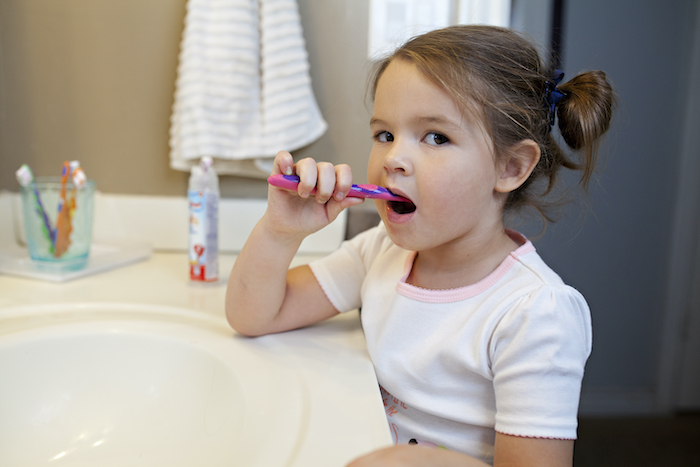CHEW on This – Ecologic Dentistry Blog
Bite sized pieces to chew on, you decide what to swallow and what to spit out!
Bed-Wetting, Jaw Formation, and Obstructed Airways
by Ecologic | Apr 23, 2021 | Advanced Dental Technologies, Sleep Apnea Solutions, Vivos Craniofacial Solutions

Here’s a question you’d never expect your dentist to ask you: Does your child wet the bed?
There is a chance that bedwetting is a sign of more than just an overactive bladder. Since the 90’s there has been a steady stream of evidence that common childhood behaviors and conditions such as bed-wetting may be directly connected to improper jaw formation and airway blockage.
Bed-wetting
Bed-wetting can happen for a variety of reasons. According to the Mayo Clinic bed-wetting can be a sign of issues such as hormonal imbalance, diabetes, and chronic constipation. However, the clinic also cites that bed-wetting can be a sign of Obstructive Sleep Apnea. Obstructive Sleep Apnea, or OSA, is caused by a blocked airway leading to disrupted sleep. The root cause of obstructed airways is often an underdeveloped jaw (maxilla).
An undeveloped upper jaw can lead to further developmental issues for the jaw, such as impeding the lower jaw from fully developing. An underdeveloped or narrow maxilla can lead to improper formation of the upper airway (nasal passages). Proper development of the jaw leads to proper and unimpeded formation of the airway. This, in turn, will lead to a decrease and even complete elimination of OSA symptoms such as snoring and bed-wetting.
But why is bed-wetting a symptom of sleep apnea? This is because, as chief of pulmonary medicine at Plainview Hospital Dr. Alan Mensch states, “the oxygen depletion that occurs in episodes of sleep apnea stimulates blood flow to the kidneys”. This may also explain why adults with sleep apnea may need to urinate more frequently.
There is evidence that supports the fact that jaw formation affects bet-wetting habits. At the 2003 annual conference for the Academy of General Dentistry it was announced by Derek Mahony DDS that in a study of 100 children who consistently wet the bed, 4 out of 5 had an undeveloped maxilla.
Additionally, a jaw-widening study conducted in 1990 found that 10 out of the 10 participants stopped wetting the bed after the procedure was completed. And according to an interview with David C. Page DDS posted on Web MD, [he said] he believes that children who wet the bed could be cured by undergoing non surgical procedures to open up their airways.
The Solution
The best solution on how to stop bedwetting is the Vivos treatment. These children’s appliances help guide the upper and lower jaw towards their genetic potential. They’re non-invasive and are worn similarly to a retainer. By guiding a child’s development our appliances may also save your child from oral issues such as crowded teeth in the future.
Academy of General Dentistry annual meeting, Nashville, July 17-20, 2003. Derek Mahony, BDS, MS, orthodontist, Sydney, Australia. David C. Page, DDS, Baltimore.
Alan Mensch, M.D., chief pulmonary medicine, Plainview Hopstial, Plainview, N.Y.; Manish A. Vira, M.D., vice chair, urologic research, Arthur Smith Institute for Urology, Lake Success, N.Y.; Steven H Feinsilver, M.D., director, Center for Sleep Medicine, Lenox Hill Hospital, New York City; European Association of Urology, news release, March 26, 2017
